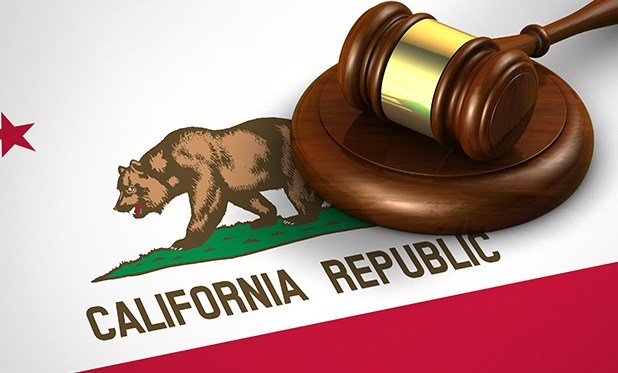What is FEHA?
The Fair Employment and Housing Act (FEHA) is a California law that prohibits discrimination, harassment, and retaliation in employment, housing, and public accommodations based on various protected characteristics, such as race, sex, disability, age, sexual orientation, and religion. FEHA also requires employers to provide reasonable accommodations for employees and applicants with disabilities or religious beliefs, unless doing so would cause undue hardship.
FEHA applies to employers with five or more employees, as well as to agents of such employers who act on their behalf. FEHA also authorizes individuals who believe they have been subjected to unlawful conduct under the law to file complaints with the Department of Fair Employment and Housing (DFEH) or to sue in court for damages and injunctive relief.
What is the Raines case?
The Raines case is a recent decision by the California Supreme Court that clarifies the scope of liability for third-party agents of employers under FEHA. The case involved two plaintiffs who applied for jobs with different employers that required them to undergo pre-employment medical examinations conducted by a third-party company, U.S. Healthworks Medical Group (USHW).
The plaintiffs alleged that USHW asked them intrusive and illegal questions during the medical screenings that were unrelated to their ability to perform the job functions, such as whether they had cancer, mental illnesses, HIV, or menstrual problems. The plaintiffs claimed that USHW violated FEHA by discriminating against them based on their medical conditions and invading their privacy.
The plaintiffs sued both their prospective employers and USHW for FEHA violations. The federal trial court dismissed the claims against USHW, reasoning that FEHA does not impose liability on agents of an employer who are not themselves employers. The plaintiffs appealed this decision to the U.S. Court of Appeals for the Ninth Circuit, which asked the California Supreme Court to answer the question: “Does California’s Fair Employment and Housing Act, which defines ‘employer’ to include ‘any person acting as an agent of an employer,’ Cal. Gov’t Code § 12926(d), permit a business entity acting as an agent of an employer to be held directly liable for employment discrimination?”
What did the California Supreme Court decide?
The California Supreme Court answered the question in the affirmative, holding that a business entity acting as an agent of an employer can be liable for its own violations of FEHA with respect to individuals who are not its employees. The court explained that FEHA’s definition of employer is broad and inclusive, and that it does not distinguish between individual and institutional agents. The court also noted that imposing liability on third-party agents who engage in unlawful conduct under FEHA is consistent with the public policy and purpose of the law, which is to protect the rights and interests of workers and applicants from discrimination and harassment.
The court distinguished its previous ruling in Reno v. Baird, where it held that individual supervisory employees are not liable for FEHA violations unless they are themselves employers. The court reasoned that extending liability to individual supervisors would conflict with FEHA’s exemption for employers with fewer than five employees, and would undermine the exercise of supervisory judgment and authority. The court also observed that individual supervisors are already subject to personal liability under other laws, such as torts and criminal statutes.
The court clarified that its holding in Raines does not mean that all third-party agents of employers are automatically liable for FEHA violations. Rather, the court stated that liability depends on whether the agent has at least five employees and whether it performs FEHA-regulated activities on behalf of an employer, such as hiring, firing, training, testing, or evaluating workers or applicants. The court also emphasized that liability is limited to the agent’s own conduct, and does not extend to the conduct of other agents or the employer itself.
What are the implications of the Raines decision?
The Raines decision has significant implications for both employers and third-party entities that provide services or products related to employment matters in California. Employers should be aware that they may be held vicariously liable for the actions of their third-party agents who violate FEHA, in addition to being directly liable for their own violations. Employers should also review their contracts and agreements with third-party vendors or contractors to ensure that they comply with FEHA’s requirements and standards, and that they include indemnification clauses or insurance coverage in case of litigation.
Third-party entities should be aware that they may be held directly liable for their own violations of FEHA with respect to individuals who are not their employees, if they have at least five employees and perform FEHA-regulated activities on behalf of an employer. Third-party entities should also ensure that they comply with FEHA’s requirements and standards when conducting such activities, and that they train their staff on how to avoid discrimination and harassment in the workplace.
Both employers and third-party entities should consult with legal counsel if they have any questions or concerns about their obligations and liabilities under FEHA.

